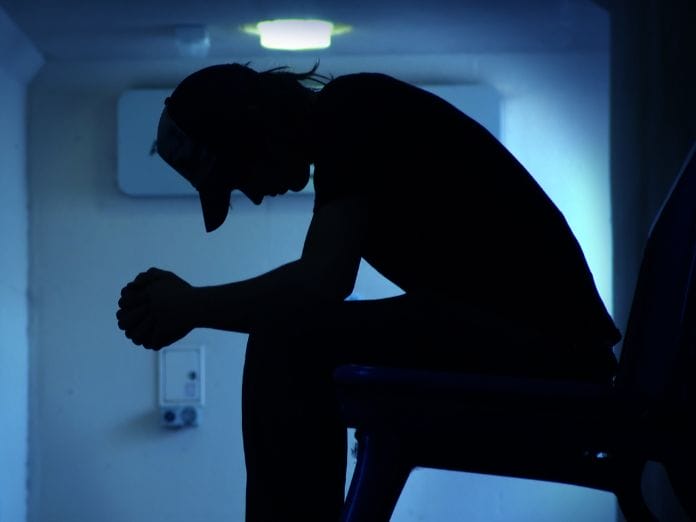Loss is not a path anyone walks alone. It’s a rollercoaster of emotions that spirals into the depths of depression, especially for those unaware of the signs. In this read, we unveil the subtle shifts in your mental state that could signal a deeper emotional struggle while discussing how to cope with such challenging times. Here are the signs you’re battling depression after a loss:
The Unseen Effects of Grief
No one prepares you for the weight of grief, especially when it feels like you’re wading through quicksand and every breath is a struggle. These feelings aren’t just about the loss itself; they are a response to the disruption of life as you knew it.
Unbeknownst to many, grief can quickly morph into depression, becoming an emotional pitfall that’s hard to get out of without help. Understanding these subtle shifts is essential, as the line between normal grief and problematic depressive states is thin yet profoundly life-altering.
The Muddled Border Between Grief and Depression
Grief and depression share common symptoms, yet they are distinct. Grief, the natural response to loss, tends to ebb and flow, with good days and bad. Depression, however, is a persistent state of despair with a lack of any good days.
While each person’s experience is unique, and not everyone will exhibit all the signs, a prolonged exhibit of these symptoms beyond the normal expectation of grief could indicate depression. These include persistent sadness, feelings of hopelessness, loss of interest in previously enjoyable activities, as well as physical manifestations like sleep disturbances and changes in appetite. Grief has several common emotional responses you should be aware of, including crying spells, a sense of unrelenting longing, phases of anger, and depression.
Seeking Light in the Darkness
When grief’s shadow extends into a depressive state, it’s critical to seek the guiding hand of others. Professional help, support groups, and engaging in self-care practices are essential steps in navigating through the somber labyrinth of depression.
By taking small steps—such as talking to friends, practicing mindfulness, or exploring your artistic side—individuals find a pathway to healing. Recognizing the signs and actively seeking help is not revealing weakness but a monumental display of strength. In doing so, you not only honor the one you’ve lost but also the life you still have to live.
In times when the world feels shattered, remember that while healing from loss is not a linear path, it is possible. With the right support and a compassionate approach to your mental health, you can emerge from the shadows and find solace in the light of a new day. If you’re battling any of these signs of depression after experiencing a loss, don’t be afraid to get the help you need and, most importantly, deserve.






